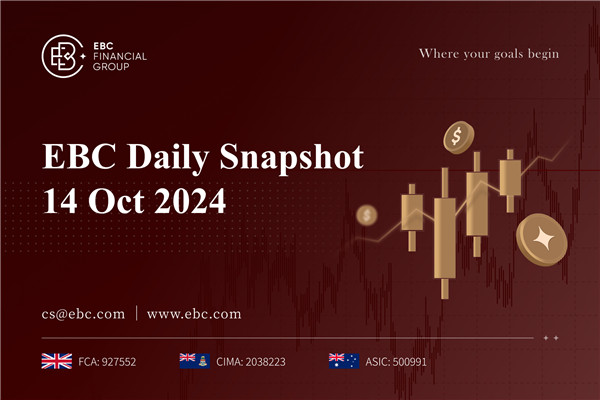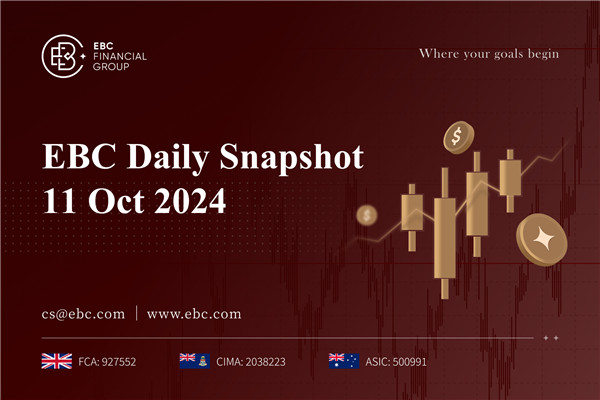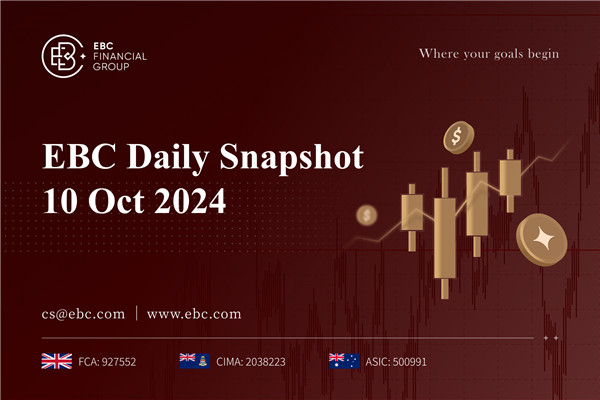SNB Chairman Thomas Jordan will step down at the end of Q3 after a 12-year
tenure. The technocrat is applauded for his steering the economy through an
ever-changing environment.
He became a rate setter just before the financial crisis taking its toll on
global markets in 2007 and took over from his predecessor scandal-beset Philipp
Hildebrand in 2012.
Jordan said Credit Suisse’s collapse had not influenced his decision in any
way. Regardless of that, his departure has upped the ante for the Swiss franc
that has underperformed its major peers this year.
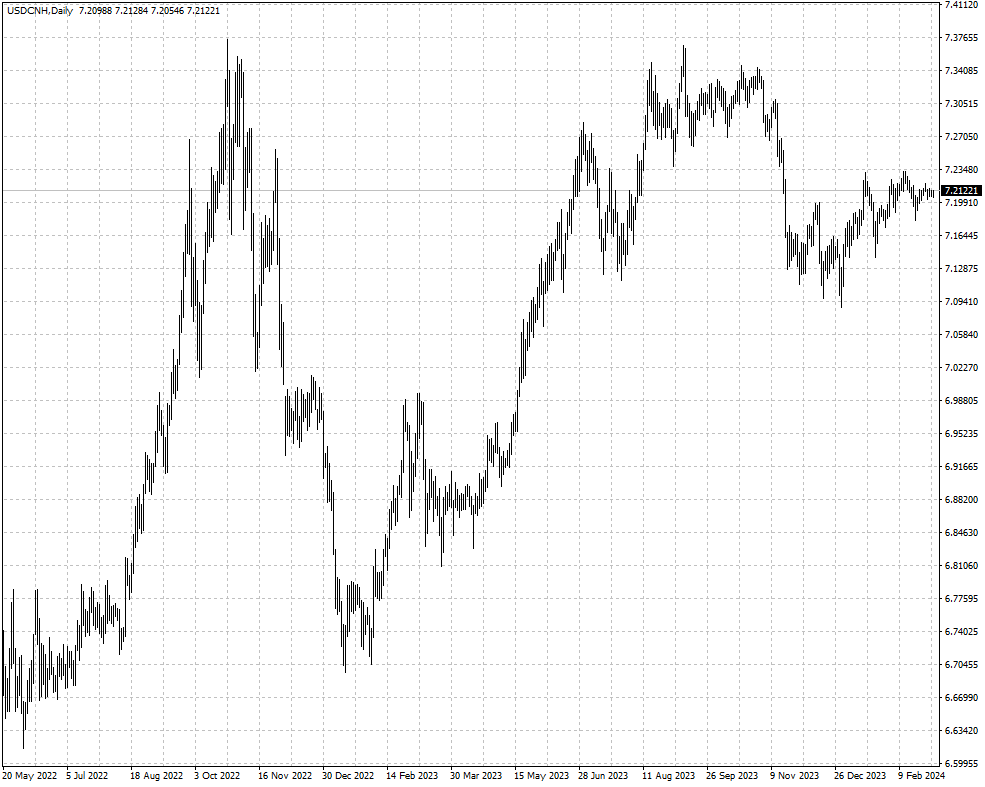
But the currency soared against the dollar and against the euro over the past
decade although the central bank adopted negative rates in late 2014 to cap the
franc’s appreciation.
The ultra-loose policy was in place until the inflation crisis globally
compelled the SNB to change tact in 2022. Markets currently expect its return to
lower rates later this month on weakening inflation.
Further interest rate hikes are not needed given the bank's latest inflation
forecasts, SNB Jordan said in an interview in January, but “the battle against
inflation is not yet completely won.”
He acknowledged the negative impact of a stronger currency on the Swiss
economy, particularly exporters, while stressing a remote chance of upcoming
recession.
Safe-haven
Swiss inflation eased less than anticipated last month and core reading was
even lower., a development that might mute speculation about the SNB lowering
interest rates sooner than later.
Consumer prices rose 1.2% from a year ago, according to the Swiss statistics
office. While that came below the 1.1% median prediction in a Bloomberg survey,
it was down from 1.3% in January.
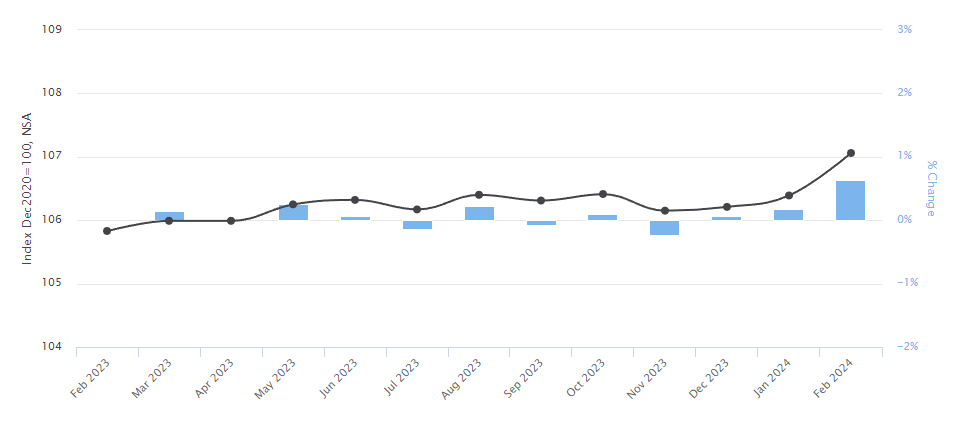
Unlike the ECB, the SNB has achieved its goal since May 2023. The central
bank in December lowered its forecast price rises to a level of 1.9% in 2024 and
1.6% in 2025, hinting at dissipating price pressures.
Economists noted that the latest reading could point to inflation being lower
than the central bank expected. UBS lowered its estimate to 1.4%, citing
weaker-than-expected second-round effects.
The country’s economy showed resilience over the course of 2023, growing 0.8%
vs 0.5% in the eurozone. Its largest export sector – the pharm and biotech
industry is typically "counter-cyclical."
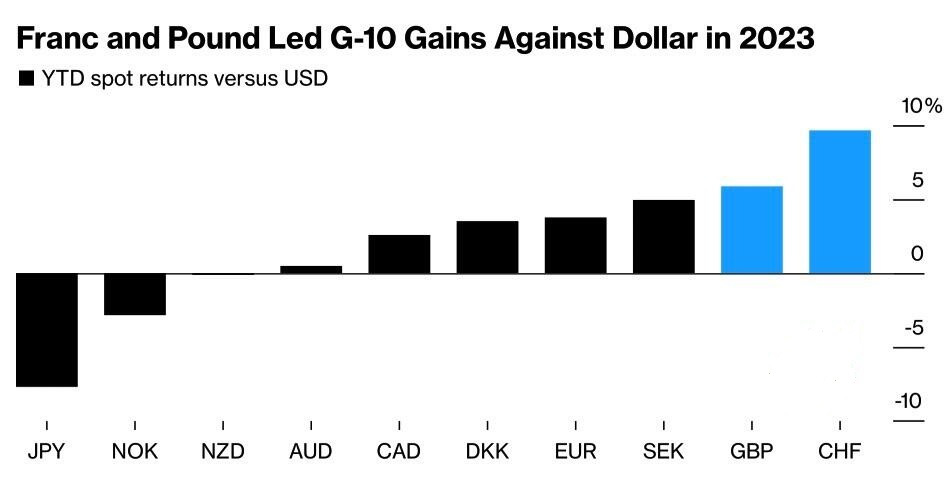
The Swiss franc was the best performing G10 currency last year and hit a
record high against the euro in December, partly due to the SNB’s massive sales
of foreign assets purchased previously.
Growing concerns about potential recessions and geopolitical risks including
the resurgence of the Middle East conflict also added to its strength as
investors flocked to safe-haven assets.
Conviction call
The Swiss franc has become the highest-conviction trade among G10 currencies.
Hedge funds and asset managers added to bets for further weakness for four weeks
in a row.
The latest CFTC data show that funds increased their net short position to
more than 12,000 contracts in the week ending 8 May – the most bearish since Dec
2023.
TD and Securities recommended short positions., Europe’s biggest asset
manager, has turned bearish on the currency and shifted its position on the
franc to underweight.
Andreas Koenig, the head of global FX at Amundi, sees the currency to reach
parity against the euro by the end of this year, a view that is more negative
than the median forecast of a Bloomberg poll for 0.98.
“If Swiss inflation goes even lower and the central bank acknowledges that
and says there is no longer a need for the currency to be strong, the franc can
easily weaken more,” he said.
“The franc is again overvalued,” said David Alexander Meier, an economist at
Julius Baer, the top FX forecaster in the fourth quarter according to data
compiled by Bloomberg.
His argument was declining interest rates would exert further downward
pressure on the franc, especially considering that the SNB is unlikely to resume
foreign-currency reserve purchases.
Disclaimer: This material is for general information purposes only and is not
intended as (and should not be considered to be) financial, investment or other
advice on which reliance should be placed. No opinion given in the material
constitutes a recommendation by EBC or the author that any particular
investment, security, transaction or investment strategy is suitable for any
specific person.





